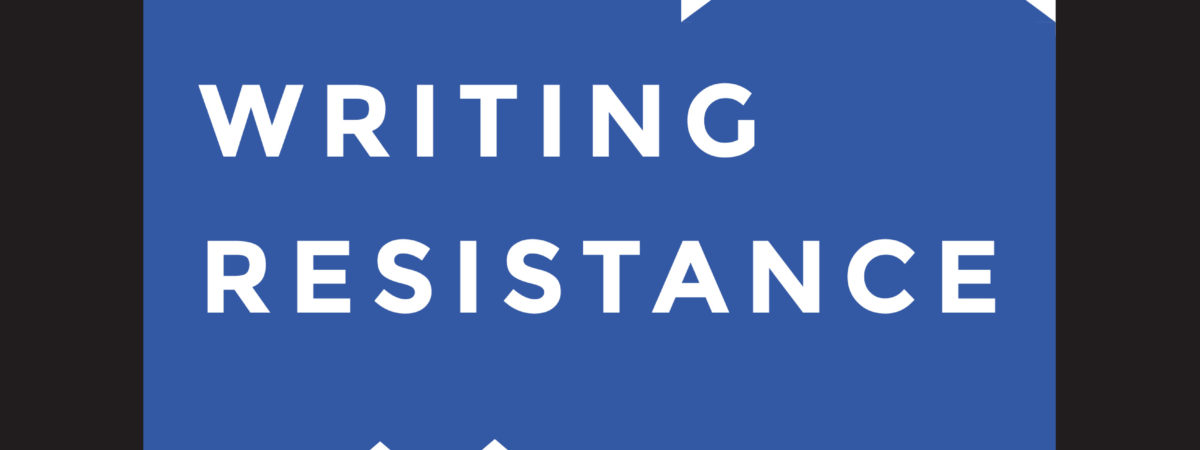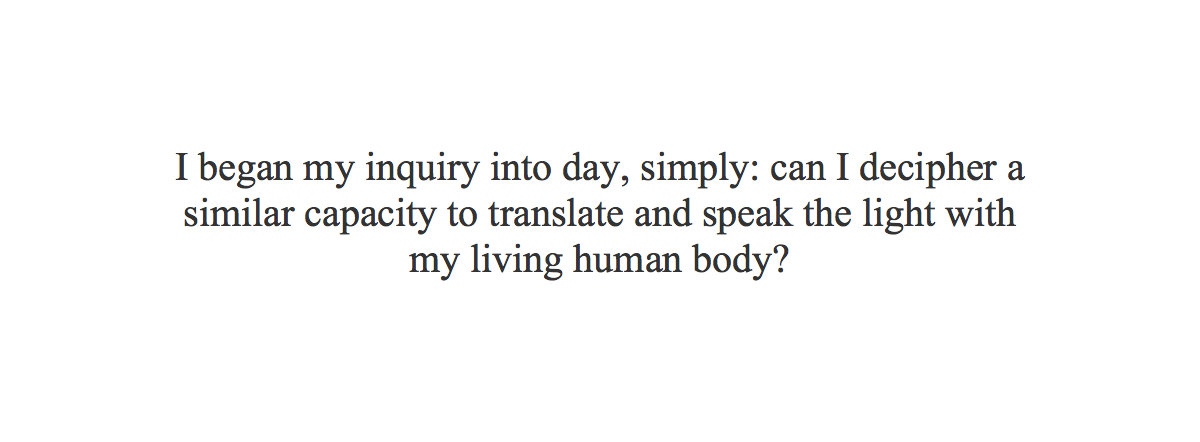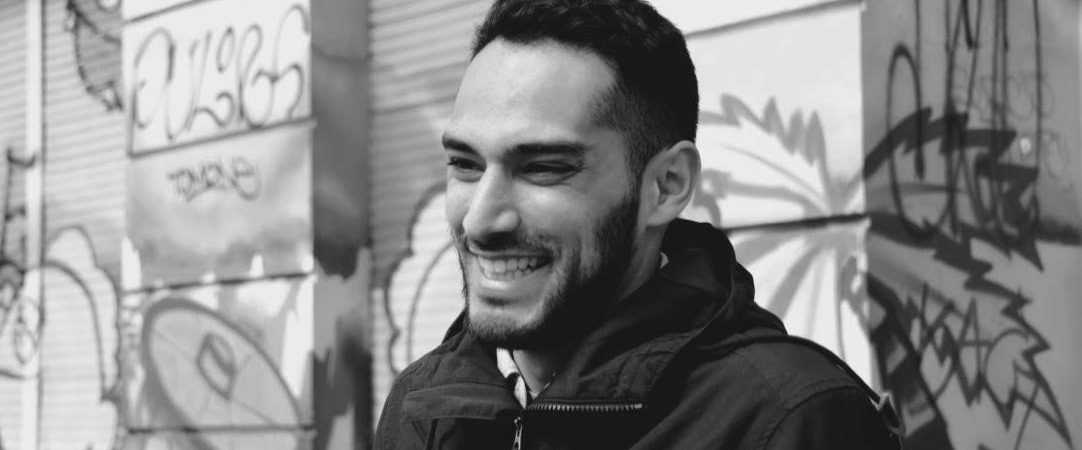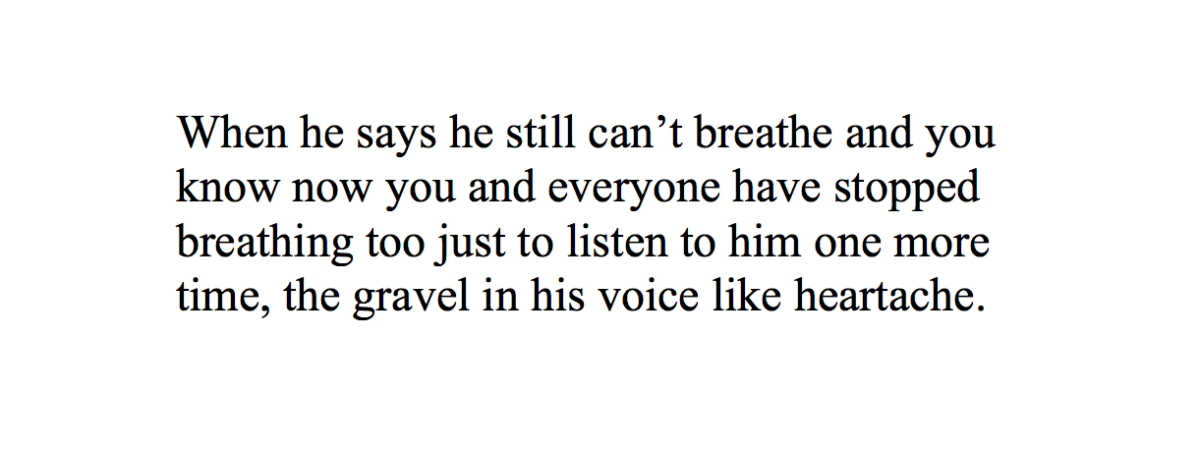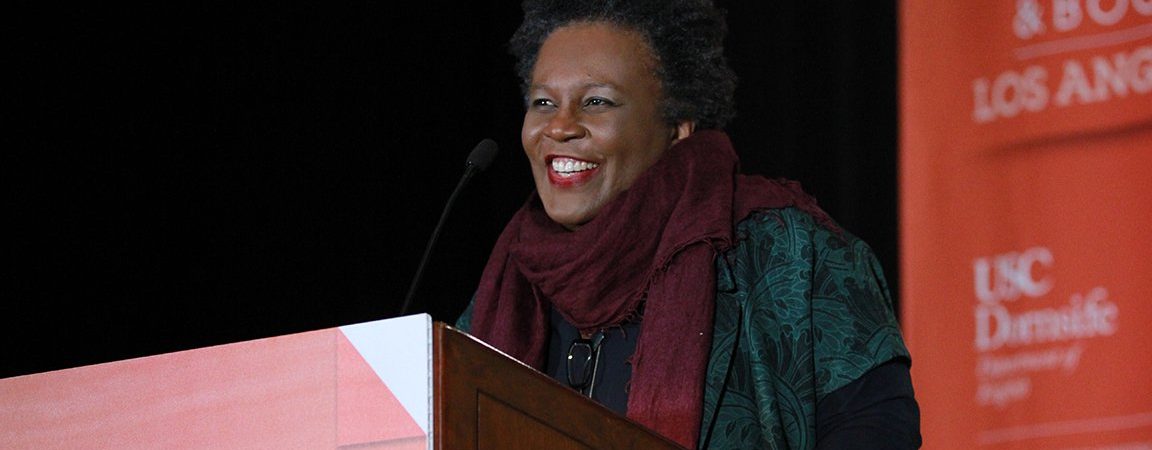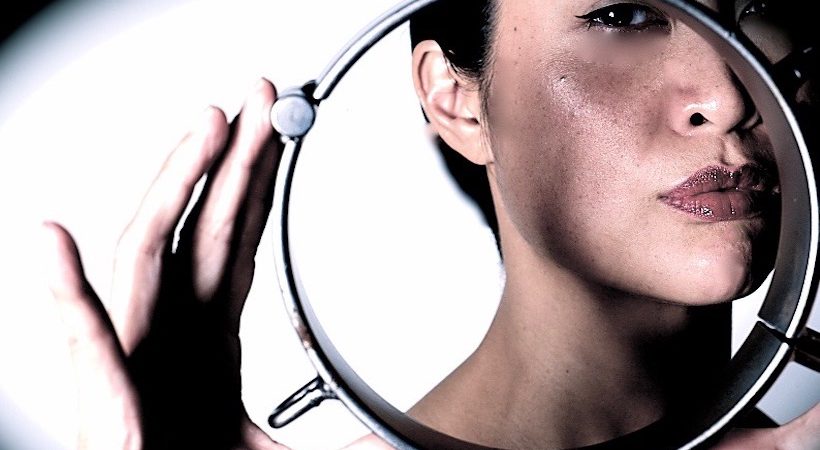WRITING RESISTANCE
Registration required. Enroll here. APRIL 19, 7-9 PM: Naomi Jackson APRIL 22, 11-1 PM: Joey De Jesus APRIL 22, 2-4 PM: Alexandra Watson, Raluca Albu & Safia Jama MAY 3, 7-9 PM: Rowan Hisayo Buchanan MAY 6, 11-1 PM: Mahogany Browne MAY 6, 2-4 PM: Chinelo Okparanta MAY 17, 7-9 PM: Robert Lopez MAY 20, 11-1 PM: Stacy Parker La Melle MAY 20, 2-4 PM: JP Howard Thanks to the generous funding of the Brooklyn Arts Council, we are able to provide five scholarships per class. Applications are due by April 15th. Applicants will be notified by Monday April 17th if they’ve been selected for their class requests. Apply here. **All workshops will be held at the James E. Davis Arts Building at 80 Hanson Place. The space is ADA compliant, wheelchair accessible. Interpreter available upon request. Please email editors@apogeejournal.org and let us know how we can make the series more accessible to you.**

